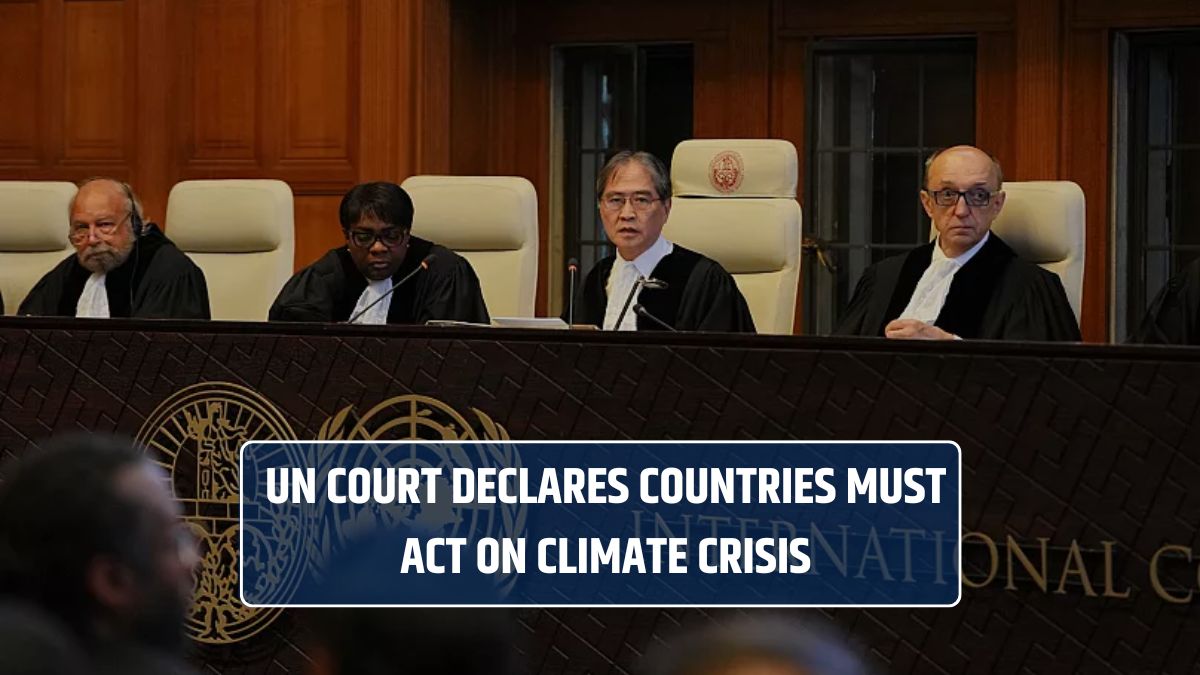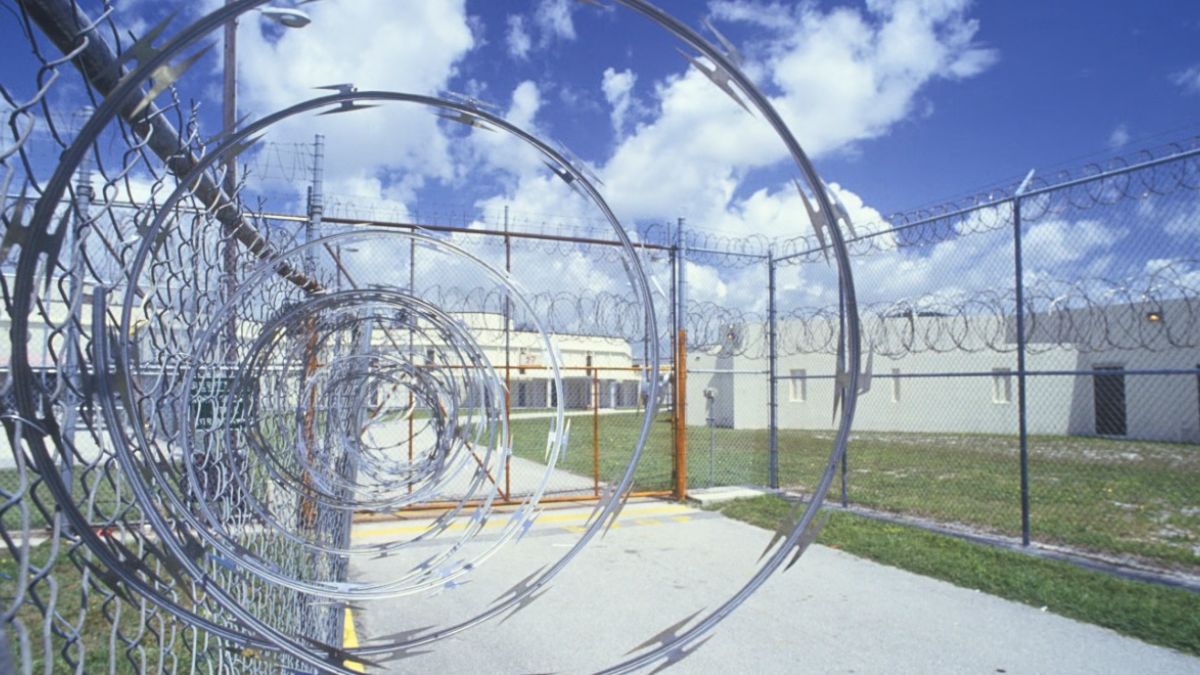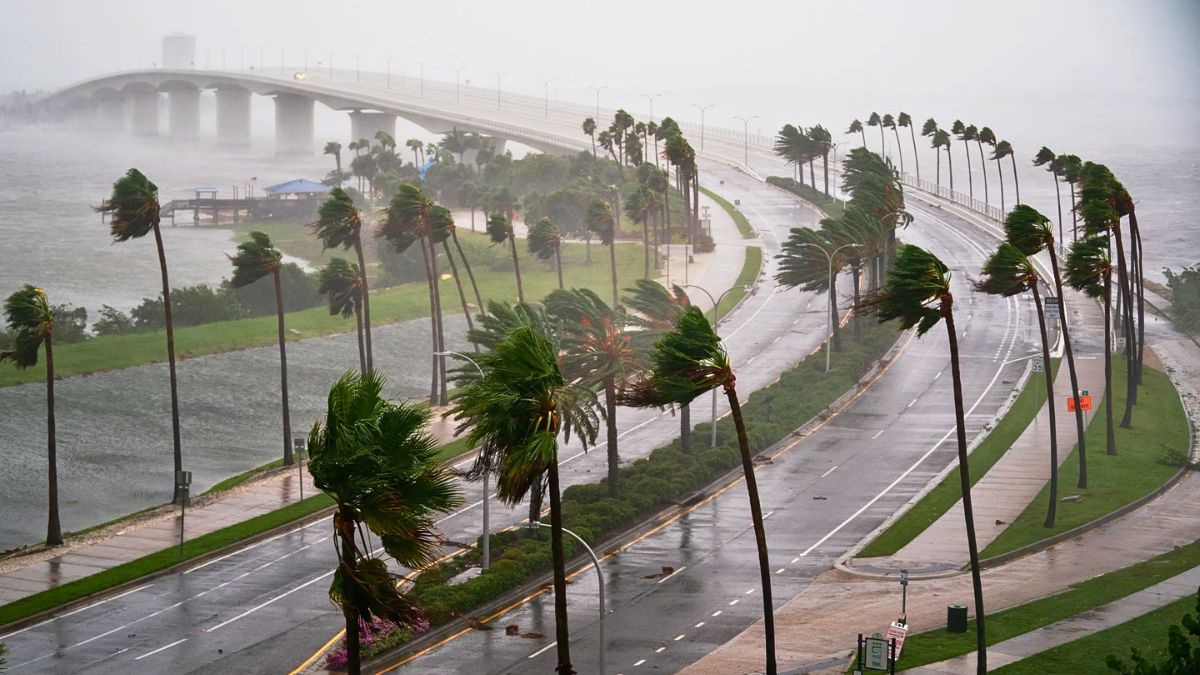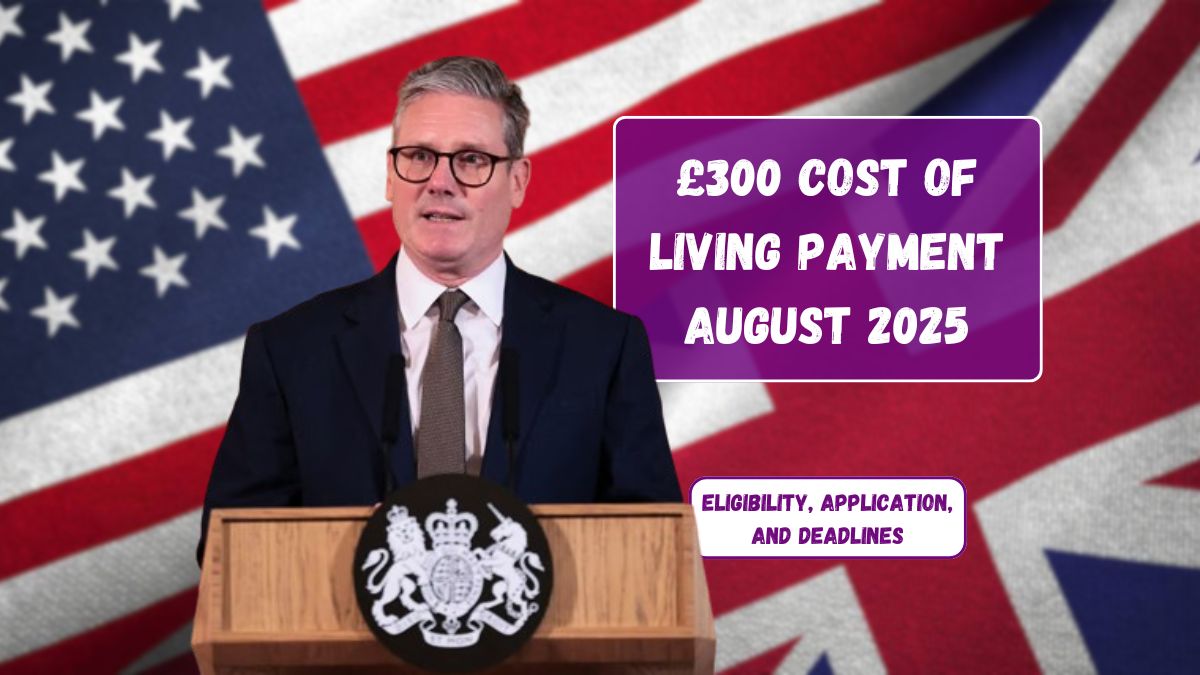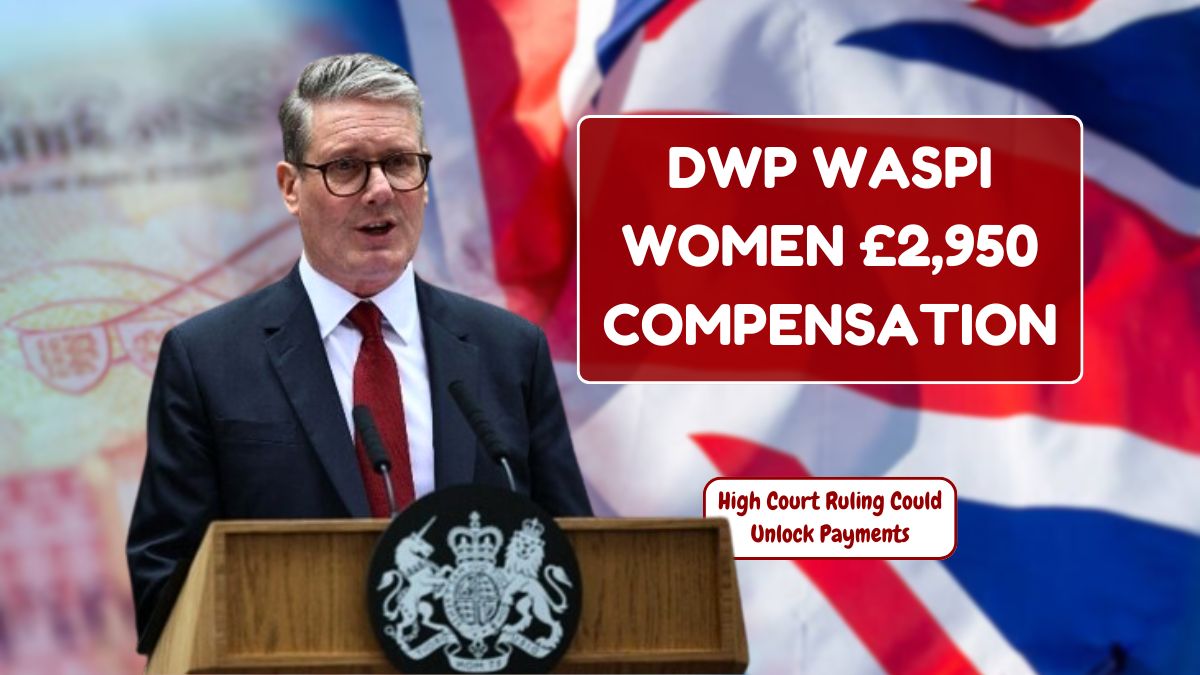In a powerful statement on Wednesday, the International Court of Justice (ICJ), the United Nations’ top judicial body, declared that all countries must take meaningful action to confront the global climate crisis. This landmark opinion marks the first time the ICJ has directly addressed climate change and outlines the legal responsibilities of nations under international law.
The unanimous ruling states that failing to act on climate change could amount to an “internationally wrongful act,” and that protecting the environment is a foundational obligation tied to the protection of human rights. The court emphasized that the environment is essential for the health and wellbeing of both current and future generations.
Legal Shift
Though the ICJ’s opinion is nonbinding, it has the potential to significantly influence legal cases around the world. Courts, lawmakers, and international negotiators may use the ruling to strengthen policies and legal arguments on climate change, especially when it comes to holding high-emission countries and corporations accountable.
The case was brought forward by Vanuatu, a Pacific island nation that has long faced the devastating impacts of climate change. Backed by over 130 countries, Vanuatu’s campaign to bring climate justice to the world’s highest court began with a grassroots movement led by students. Their efforts led to a two-week hearing in December 2023, where governments, organizations, and experts argued their positions.
Key Findings
The court answered two major questions: what nations are required to do under current international law to protect the environment from greenhouse gases, and what legal consequences they face for causing harm through action or inaction.
The ICJ concluded that governments have a legal duty to limit global warming to 1.5 degrees Celsius above preindustrial levels—a standard first outlined in the Paris Agreement. The court also found that fossil fuel production, subsidies, and consumption could violate these obligations, especially when they cause harm to vulnerable populations.
This decision opens the door for new international lawsuits, including cases where one country may sue another for damages caused by past emissions. According to the court, it is scientifically possible to determine a state’s individual contribution to global emissions, making the prospect of reparations more realistic than ever.
Global Reactions
Many legal experts were surprised at the strength of the ICJ’s language. The court’s decision directly links environmental protection with basic human rights and identifies government support of fossil fuel industries as potentially unlawful. Some judges even suggested that countries could be held accountable for the actions of private corporations operating under their jurisdiction.
Environmental groups welcomed the decision. Activists and lawyers described it as a turning point in the global legal landscape, one that could strengthen efforts to force climate accountability and drive a shift away from fossil fuels.
In Vanuatu, climate envoy Ralph Regenvanu said the decision affirmed what vulnerable countries have been saying for years: they are suffering real harm from a crisis they did not cause. He vowed to push for a United Nations General Assembly resolution to put the court’s opinion into practice.
Impact on Future Lawsuits
The ICJ’s opinion follows several other international rulings in recent years. The Inter-American Court of Human Rights and the International Tribunal for the Law of the Sea have both ruled that states must protect citizens from climate-related harm. Europe’s top human rights court also found that Switzerland violated its citizens’ rights by failing to act on climate.
These decisions, taken together, show a trend toward integrating climate change into the global human rights framework.
In countries like France and Germany, international law is automatically part of domestic law, meaning the ICJ opinion could quickly become part of national court decisions. But in the United States, which does not fully recognize the court’s jurisdiction, the ruling is less likely to influence federal courts.
Nonetheless, legal scholars believe the opinion could inspire more aggressive litigation and advocacy in the United States and abroad. Lawsuits may seek to halt new oil and gas projects, push for stricter emission targets, or force governments to fund adaptation efforts in communities facing the effects of climate change.
A Warning to Polluters
Ultimately, the ICJ’s message is clear: climate inaction is not only dangerous—it may be illegal. Even countries that have withdrawn from the Paris Agreement, like the United States under Trump, still have obligations under international law to reduce their emissions.
As more climate cases reach high-level courts around the world, this ruling adds a powerful legal tool to the growing body of climate litigation. Whether symbolic or practical, the court’s voice will now echo in courtrooms, parliaments, and boardrooms around the globe.

